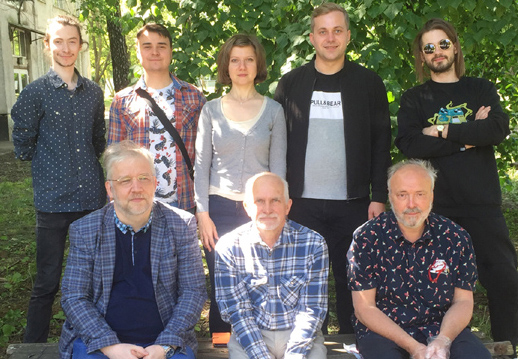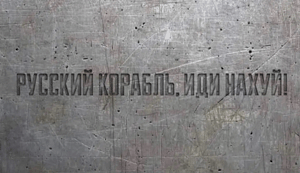
Our page in Facebook
Our Free scientific discussion page in Facebook (by invitation only)
Our YouTube channel


The principal scientific goal of the Lepton Physics Department (LPD) is search for rare or forbidden processes in nuclear and particle physics, mainly for double beta (2β) decay of atomic nuclei. Neutrinoless double beta (2β0ν) decay is forbidden in the Standard Model (SM) of electroweak interactions since it violates lepton number conservation. However, many extensions of the SM predict non-zero neutrino mass and, as a result, 2β0ν processes. Experimental observation of this exotic phenomenon would be an unambiguous signal of new physics which lies beyond the SM and which could be detected without use of huge and extremely expensive accelerators. Relations of neutrino properties with evolution of very early and very old Universe, Solar neutrinos deficit, atmospheric neutrinos anomaly, existence of dark matter in Universe, and structure of modern theories of particle physics, etc., explain the exceptional interest in the 2β decay studies.
Despite numerous efforts since 1948, neutrinoless 2β decay still remains unobserved. However, due to big progress in the experimental technique during the last years, an allowed in the SM two-neutrino 2β decay was observed in direct experiments for 11 nuclei with T1/2 in the range of ~1018-1024 yr, being the most rare observed process of radioactive decay in the nature.
Double β decay experiments demand super-low radioactive background which can be reached only in deep underground laboratories and with detectors constructed with super-pure materials. It gives possibility to simultaneously search for other rare or forbidden processes in nuclear and particle physics, such as decay of electron or nucleons, interactions with dark matter particles, transition of nuclei to super-dense state, violation of the Pauli principle, nuclear decays with cluster emission, rare β and α decays, and others.
During almost 40 years the LPD has developed double beta decay investigations. Starting the experiments on the earth level (in 1980), the group afterwards (in 1984) built up an underground laboratory in the Solotvina salt mines (Ukraine).
Conferences and workshops organized by the LPD group
Solotvina Underground Laboratory
Full list of
publications of the LPD group
List of known references
on the publications of the LPD group (without self-references)
The most cited LPD works
The article in "2000", 02 Feb 2012, on Dark Matter search (in Russian).
The article in "Zerkalo Nedeli", 30 Dec 2006, on
the Solotvina Underground Laboratory and our group (in Russian).
Discussion in "Zerkalo Nedeli" newspaper on how to estimate scientific achievements (in Russian):
-- the full version of
the article published in ZN of 06 Mar 2004;
-- the reply to comments on this article.
Lepton Physics Department, Institute for Nuclear Research
of the National Academy of Sciences of Ukraine
Prospekt Nauky 47, Kyiv 03028, UKRAINE
http://lpd.kinr.kiev.ua/
tel: +380(44)5251111
fax: +380(44)5254463
Design VIT 2003-2006
VIT & VVK, last updated April 01st, 2024 by f